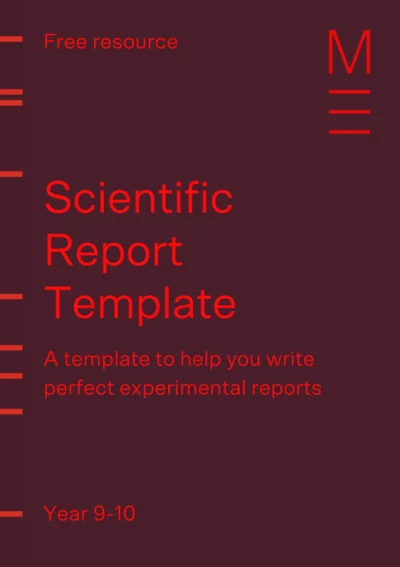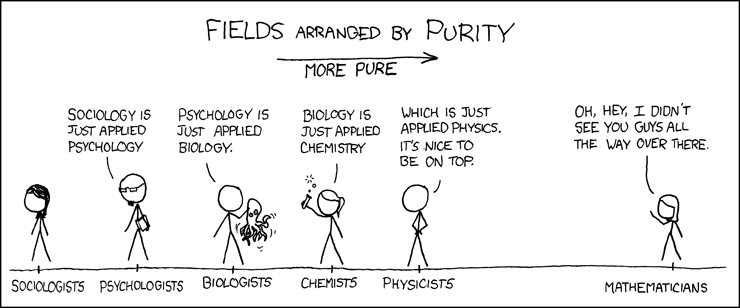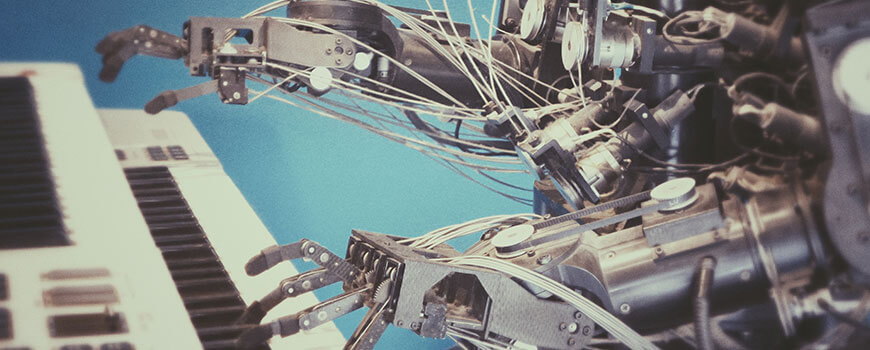Welcome to Matrix Education
To ensure we are showing you the most relevant content, please select your location below.
Select a year to see courses
Learn online or on-campus during the term or school holidays
Learn online or on-campus during the term or school holidays
Learn online or on-campus during the term or school holidays
Learn online or on-campus during the term or school holidays
Learn online or on-campus during the term or school holidays
Learn online or on-campus during the term or school holidays
Learn online or on-campus during the term or school holidays
Get HSC Trial exam ready in just a week
Get HSC exam ready in just a week
Select a year to see available courses
Science guides to help you get ahead
Science guides to help you get ahead
Is science not living up to your expectations? Do you struggle to get engaged? Well, here are 5 reasons you should get motivated and ace Junior Science.

Join 75,893 students who already have a head start.
"*" indicates required fields
Related courses

Join 8000+ students each term who already have a head start on their school academic journey.
Junior science in High School is boring, right? Where are the lab coats and the particle accelerators and baby velociraptors you were promised? While you might not get to build a doomsday device or revive an extinct species in Year 9, Science can still be a lot of fun and set you up to get your Jon Hammond or Richard Feynman on when you enter the workforce. Here are 5 reasons that Junior Science is essential.
Write perfect science reports with this expert-made template! Fill out your details below to get this resource emailed to you. "*" indicates required fields
Download your free experimental report template

Download your free experimental report template
So far, studying science in Year 9 may seem slow and involve drudgery like drawing experimental set-ups and learning lots of pieces of information. But let’s take a look beyond that!
Sure, studying science in Year 9 involves writing stuff down, solving maths problems, and learning theory that isn’t as interesting as blowing something up with a laser.
But there’s a reason for this. Science relies on the scientific method to make discoveries about the universe and everything in it.
What’s the scientific method? The scientific method is a step by step process for making and validating discoveries:
Following the scientific method allows us to pick a problem, come up with ideas to solve it, and then test those ideas and share them with other people.
Without the scientific method, the world around us wouldn’t have any of the day to day things we need to get through life (air conditioning, computers, cars, toothpaste, Fortnite).
When you follow the scientific method, you are learning about how a small part of the universe around us works. This is pretty amazing and has really rad and practical applications.
Like what?
You learn why we don’t we crash into the giant ball of gas at the centre of the universe. But also why it will get fat and gobble the earth up….in a few billion years.
Physics will teach you why that same logic makes it hard to walk up stairs.
Wait, what? Yeah!
All of the science are interrelated!
Let’s see how:
Mind blown, right?!

Find out the connections between art and science ?
In Year 11 (Stage 6), you start to learn about the chemistry and physics related to art and music.
What’s this mean?
Well, you learn how stringed instruments like violins and pianos make sounds through resonating bits of wire and the spaces behind them, or how the shapes of brass and woodwind instruments help create their wide variety of sounds.
You’ll learn why the frets on a guitar are placed where they are – it wasn’t done by guessing!
Similarly, you get to learn about atoms and molecules absorb different colours.
Get ahead of your peers with our Junior Science Term Course. With advanced completion of contents before it’s taught at school, you’ll be better prepared for your school assessments. Learn more about Year 9 Science classes.
Develop the essential skills for senior Science!
Learn from our Science experts, in person. Boost your marks and confidence this term.
Science teaches you some incredibly useful skills for other subjects.
That time you spend learning things or writing down and analysing data are actually teaching you essential skills that you will need later in life.
When you come up with the question you want to answer with science, you’ll have to do some research.
Research skills are crucial for all the subjects you’ll study in Year 12.
Additionally, having strong and methodical research skills are essential for everyday life.
Research skills can help you figure out:
You may not want a career in science, but studying science will teach you to be observant. You’ll become more adept at listening and observing things.
This will help you acquire new knowledge and also take in what others do or say.
This will have practical applications for you in English, where you have to analyse texts and identify examples and techniques.
Scientific literacy is important in everyday life.
This isn’t so you can pick up the latest issue of Nature or read the latest reports from The Royal Society. No, instead it is so you can evaluate the claims made by others that affect you in day-to-day life.
What do I mean by this?
Let’s look at an example:
News reports declare that sunscreen is absorbed into your bloodstream.
People start to panic about toxic stuff in their blood.
But scientific literacy (shown here by Matrix Chemistry teacher Dr Wong) would help you understand that these claims are overblown and that you should NEVER STOP WEARING SUNSCREEN.
In this case, a little bit of scientific literacy will save you from risking melanoma while trying to avoid a risk that isn’t actually there.
The biggest skill that science will teach you is critical thinking and problem-solving.
The skills involved in critical thinking are:
Whenever you begin planning an experiment, you are starting the process of critical thinking
Critical thinking requires you to consider various pieces of evidence and make a reasoned judgement like:
A simple version of this would be where your internet goes down at home and your parents have you troubleshoot the problem.
After school, in your career you may be asked to:

Studying science will teach you how to represent data. This has many applications outside of science.
How?
Want to have a car one day, but know your parents will give you a hard “No!” Well, imagine if you could plot how the time savings from having a set of wheels would translate to efficiency gains for your study schedule.
I bet you can visualise that sick ride in your driveway, waiting for you, already.
Also, being able to represent data in accessible ways, and understand it, will help you survive in a digital world. Almost all careers nowadays require you to be able to analyse trends and represent data for different audiences.
Science will also help you develop logic and concision when presenting ideas.
Scientific results and data sets can be super confusing. When you’ve finished your experiment and are trying to convince people of your findings, you need to present them in a way that is clear and easy to understand. This means following a logical process.
This will be very useful for other subjects like English, Economics, or History!
Because you’ve learned to follow the scientific method, your arguments will be more logical and ordered, too!
Having skills in presenting scientific information will teach you to cut to the important things. You’ll be able to present information concisely and without waffle.

Okay, so you may not get to build a desktop Deathstar, make fireworks, or create human-pig hybrids as a Year 9 science fair project. But you will get to do some cool experiments.
Starting in Year 9, you’ll get to:
Want to learn how to build things at uni? Fancy studying medicine or computer science after High School? Well, you need to have good marks in some sciences for that.
Similarly, if you want to play with lasers or smash particles together at high speed in a university lab or research centre like CERN. Well, you’re gonna have to have done well in High School Science.
Science subjects are a prerequisite for many of the cool subjects on offer at university. This means that you can’t get into that course unless you can prove you did well in it at High School.
In addition, with the rapid changes in technology and computing, scientific literacy is becoming more and more essential for careers outside of science.
Have dreams of earning squillions on Wall St? That hedge fund your parents want you to work for will look fondly upon graduates with a strong history of scientific literacy.

Want to build rockets or design the next digital behemoth?
Well, most of the really cool jobs of the future are going to require the sorts of skills you start to develop in High School Science.
As you can see, Junior Science is an excellent opportunity to develop essential life-skills, and to prepare you for your future studies and careers.
Written by Matrix Science Team
The Matrix Science Team are teachers and tutors with a passion for Science and a dedication to seeing Matrix Students achieving their academic goals.© Matrix Education and www.matrix.edu.au, 2025. Unauthorised use and/or duplication of this material without express and written permission from this site’s author and/or owner is strictly prohibited. Excerpts and links may be used, provided that full and clear credit is given to Matrix Education and www.matrix.edu.au with appropriate and specific direction to the original content.